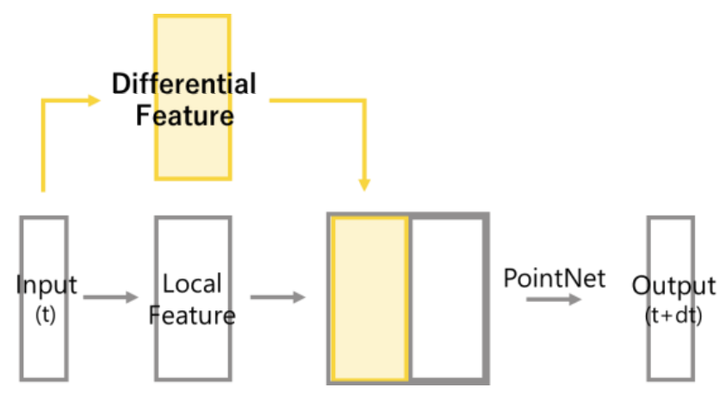SPH法に基づく微分演算を内包した深層学習による粒子法代替モデルの説明性向上

Abstract
The particle method does not require any computational grid and is an effective numerical method for simulating behaviors of the continuum mechanics. However, the computational cost is the issue to apply it to more complex physics or to the Monte Carlo calculation. As a novel deep learning-based surrogate model of the particle method, Di-PN (Differential PointNet) is developed in this study. Here, it improves the explainability of deep learning with reducing the omputational cost by adding a feature extraction layer based on the SPH method. In verification, Di-PN was constructed for the numerical simulation of water drop problem. In results, it was shown that Di-PN can improve the prediction accuracy significantly compared to the surrogate modeling by PointNet, one of basic deep learning methods for point clouds.